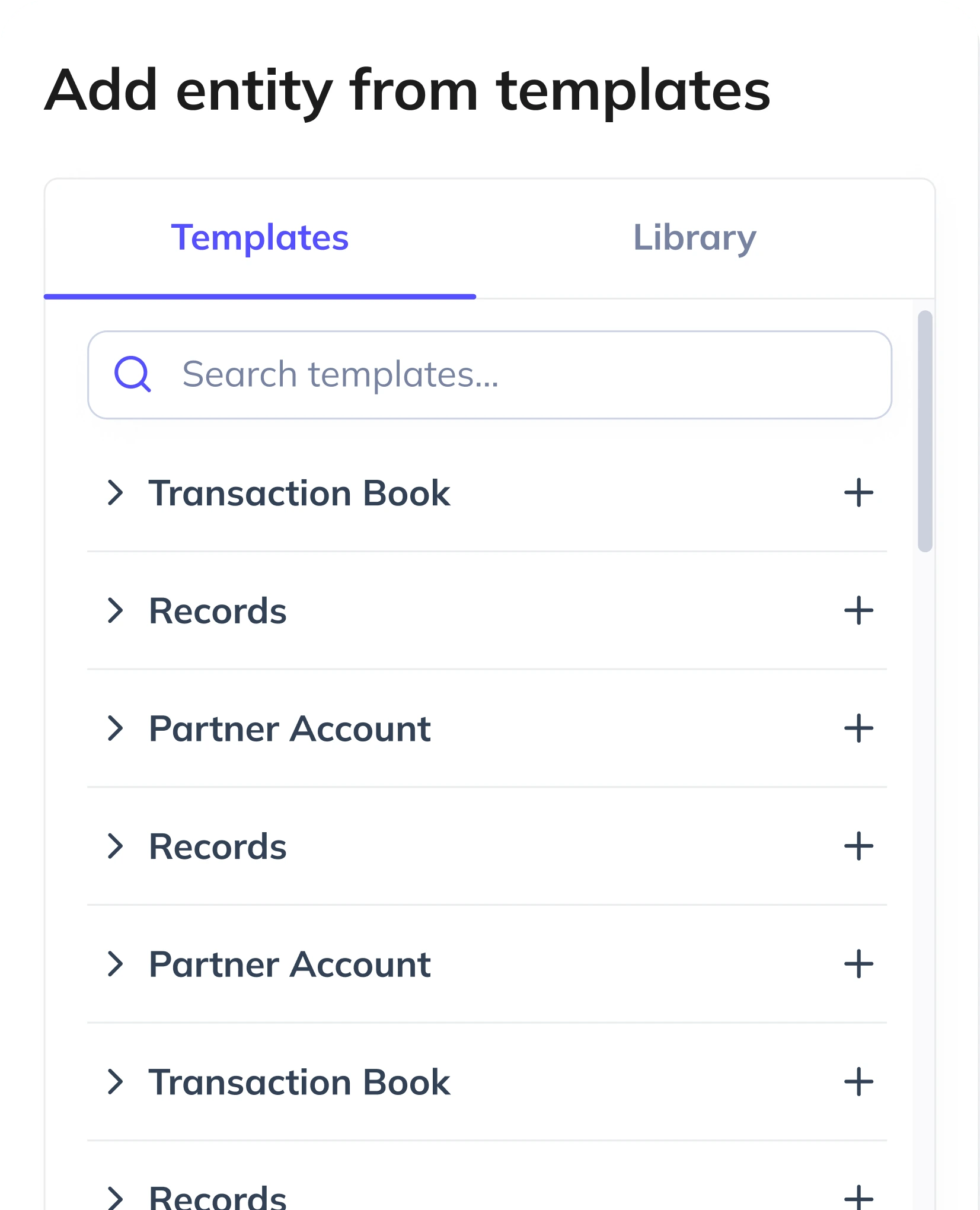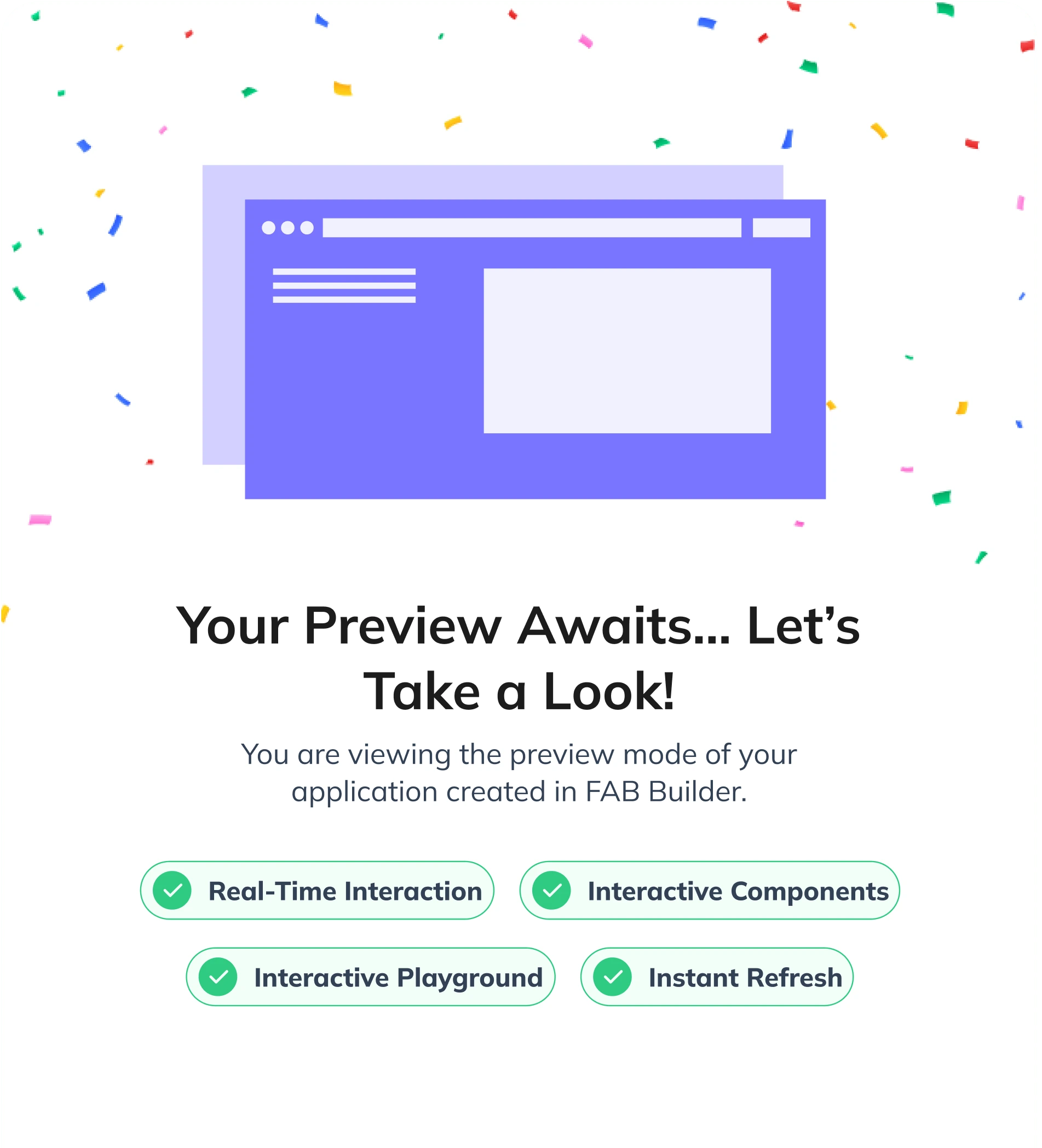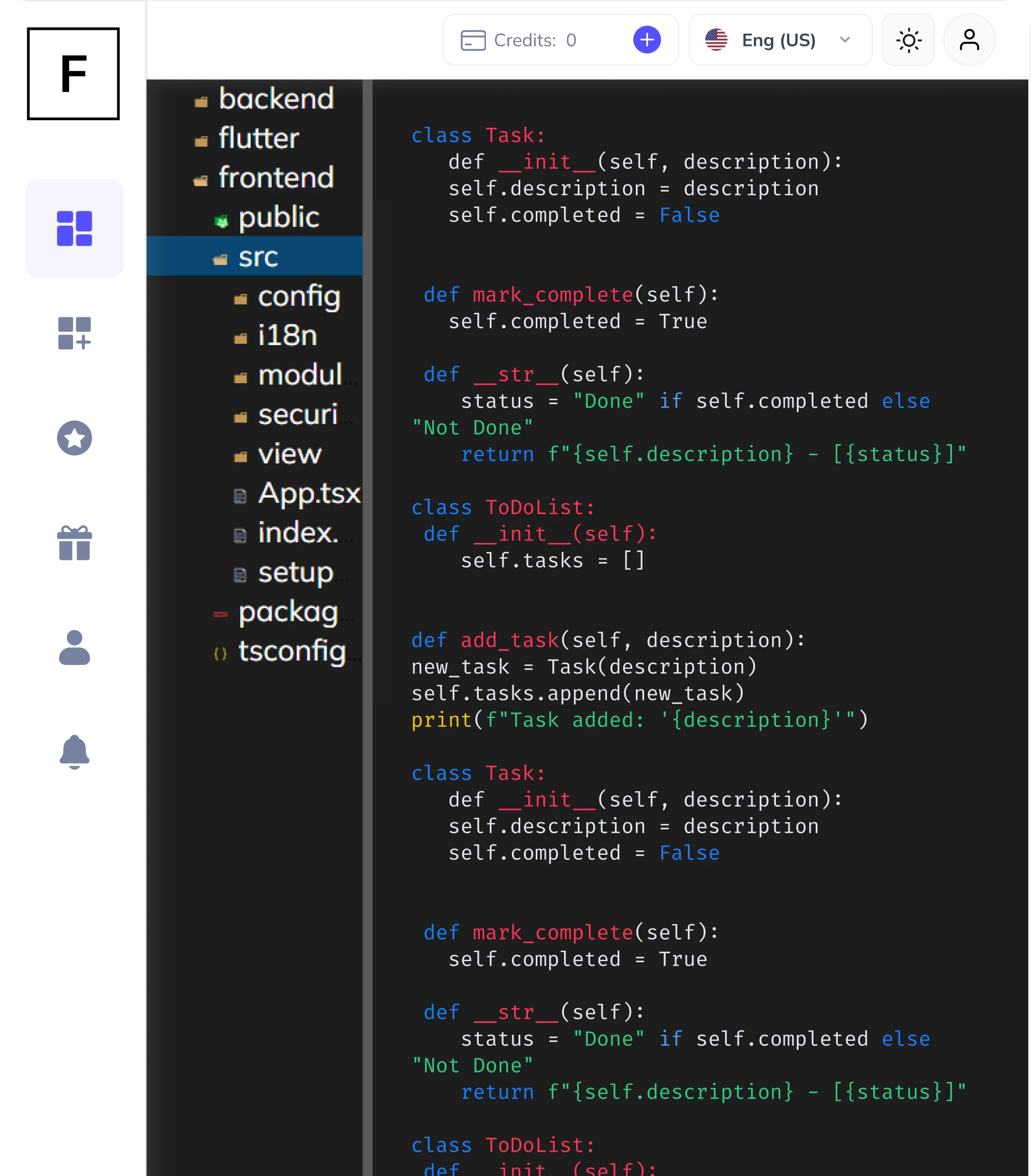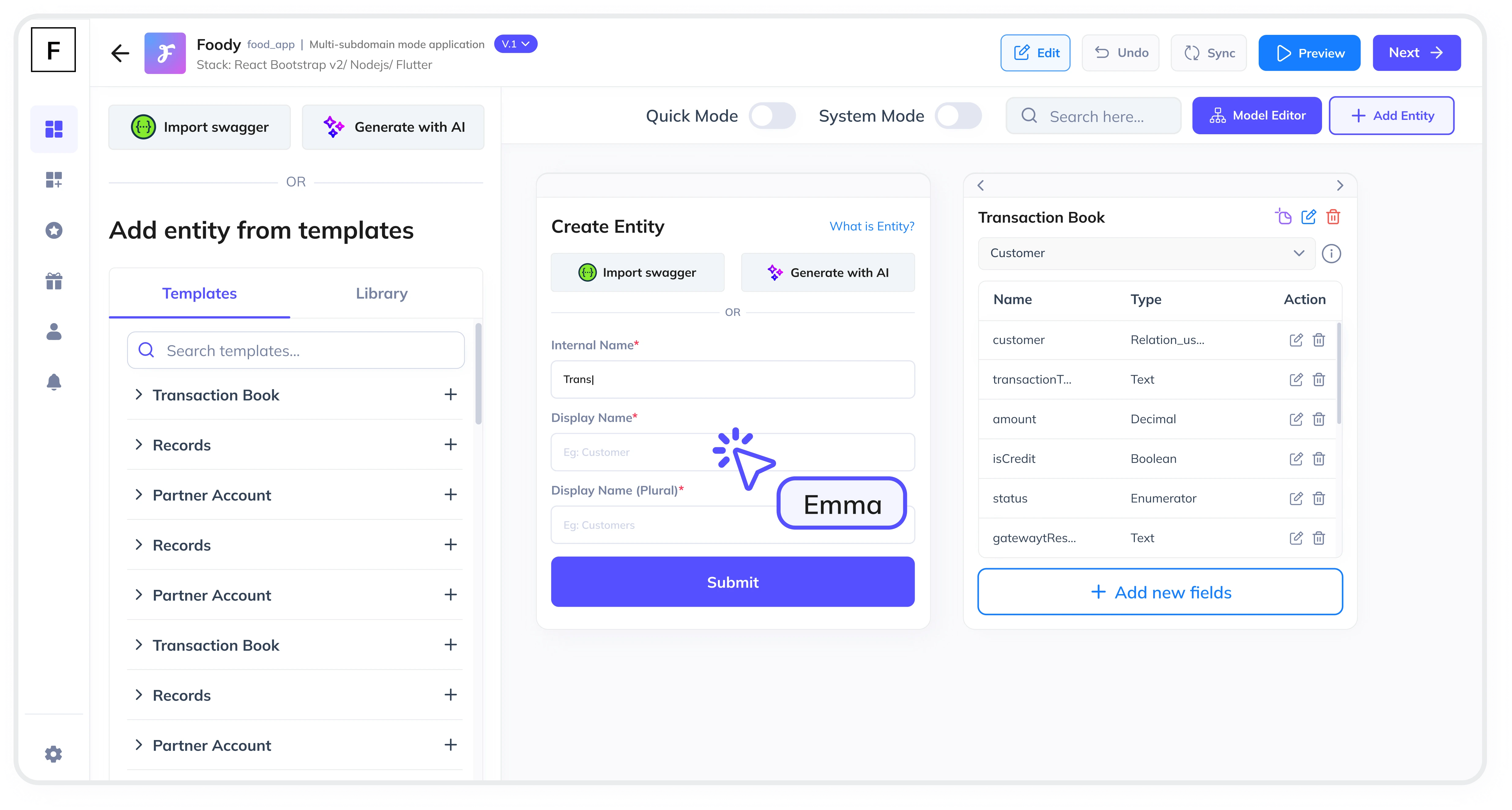In today’s customer-centric business environment, Customer Relationship Management (CRM) systems are essential for managing customer interactions, driving sales, and executing effective marketing strategies. A robust CRM system integrates customer interactions, sales pipelines, and marketing campaigns into a single, unified platform. With the rise of low-code platforms like FAB Builder, building a customizable, scalable, and production-ready CRM system has become faster and more accessible than ever. In this guide, we’ll walk you through the step-by-step process of creating a CRM system with customizable modules, and we’ll link to detailed guides for each module to help you get started.
Why Use a Low-Code Platform for CRM Development?
- Speed:
- Build a CRM system in hours, not months, with pre-built templates and automated code generation.
- Development Efficiency:
- Focus on your business needs while FAB Builder handles the technical complexities.
- Scalability:
- Start with a basic module and scale to a full CRM system as your business grows.
- Customizability:
- Easily adapt your CRM system to meet new requirements or integrate with other tools.
- Full Source Code Access:
- Download and own the source code, ensuring intellectual property rights remain with you.
- SaaS-Ready:
- Use multi-tenant configurations to create a SaaS-based CRM system and sell subscriptions to B2B customers.
Step-by-Step Guide to Building a CRM System with Customizable Modules
Step 1: Define Your CRM Requirements
- Identify the key modules your CRM system needs, such as:
- Customer Interactions Module: Manage customer communications, feedback, and engagement.
- Sales Pipelines Module: Track leads, manage deals, and monitor sales progress.
- Marketing Campaigns Module: Create, manage, and track marketing initiatives.
- Use FAB Builder’s AI-assisted entity creation to describe your requirements and generate a starting point.
Step 2: Choose Your Tech Stack
- Select your preferred frontend, backend, and database technologies from FAB Builder’s supported tech stacks:
- Frontend: React.js, Angular, Vue.js
- Backend: Node.js, Java, .NET
- Database: MongoDB, PostgreSQL, MySQL
Step 3: Build Your Customizable Modules
- Use FAB Builder’s drag-and-drop tools to create and customize each module:
- Customer Interactions Module: Learn how to build a robust customer interactions system with our detailed guide: Step-by-Step Guide to Creating a Customer Interactions Module for CRM Systems with Low Code Platform | FAB Builder.
- Sales Pipelines Module: Create a customizable sales pipelines module to track leads and manage deals. Check out our guide: Step-by-Step Guide to Creating a Sales Pipelines Module for CRM Systems.
- Marketing Campaigns Module: Build a marketing campaigns module to create and track marketing initiatives. Follow our guide: Step-by-Step Guide to Creating a Marketing Campaigns Module for CRM Systems.
Step 4: Integrate Your Modules
- Combine your modules into a single, unified CRM system.
- Use FAB Builder’s integration-ready features to connect with third-party tools (e.g., email marketing software, CRM tools).
Step 5: Preview and Iterate
- Use FAB Builder’s live preview feature to test your CRM system and make adjustments as needed.
- Iterate and refine your modules until they meet your requirements.
Step 6: Deploy Your CRM System
- Deploy your CRM system to AWS, GCP, or Azure with FAB Builder’s one-click deployment.
- Launch your system and start using it to streamline your customer interactions, sales, and marketing efforts.
Key Features of FAB Builder for CRM Development
- Low-Code Platform:
- Build a CRM system in hours, not months, with minimal coding.
- Customizable Modules:
- Tailor each module to meet your specific business needs.
- Integration-Ready:
- Easily integrate with third-party tools and services.
- Production-Ready:
- Deploy your CRM system with confidence, knowing it’s ready for real-world use.
- Full Source Code Access:
- Download and own the source code, ensuring intellectual property rights remain with you.
- SaaS-Ready:
- Use multi-tenant configurations to create a SaaS-based CRM system and sell subscriptions to B2B customers.
Benefits of Using FAB Builder for CRM Development
- Speed and Efficiency:
- Build a CRM system in hours, not months, with FAB Builder’s intuitive tools and templates.
- Scalability:
- Start with a basic module and scale to a full CRM system as your business grows.
- Customizability:
- Easily adapt your CRM system to meet new requirements or integrate with other tools.
- Cost Savings:
- Save on development costs by eliminating the need for a full development team.
- Future-Proof:
- Build on a modern tech stack that supports seamless upgrades and integrations.
Use Cases for FAB Builder’s CRM System
- Small Businesses:
- Streamline customer interactions, sales, and marketing with a custom CRM system tailored to your needs.
- Enterprises:
- Scale your CRM system to meet the demands of a growing business.
- SaaS Providers:
- Use multi-tenant configurations to create a SaaS-based CRM system and sell subscriptions to B2B customers.
Building a Customer Relationship Management (CRM) system with customizable modules has never been easier, thanks to FAB Builder’s low-code platform. With its speed, scalability, and customizability, FAB Builder empowers businesses to create production-ready CRM systems in just a few hours. Whether you’re a small business, enterprise, or SaaS provider, FAB Builder is your go-to solution for CRM development.
Ready to build your CRM system?

















